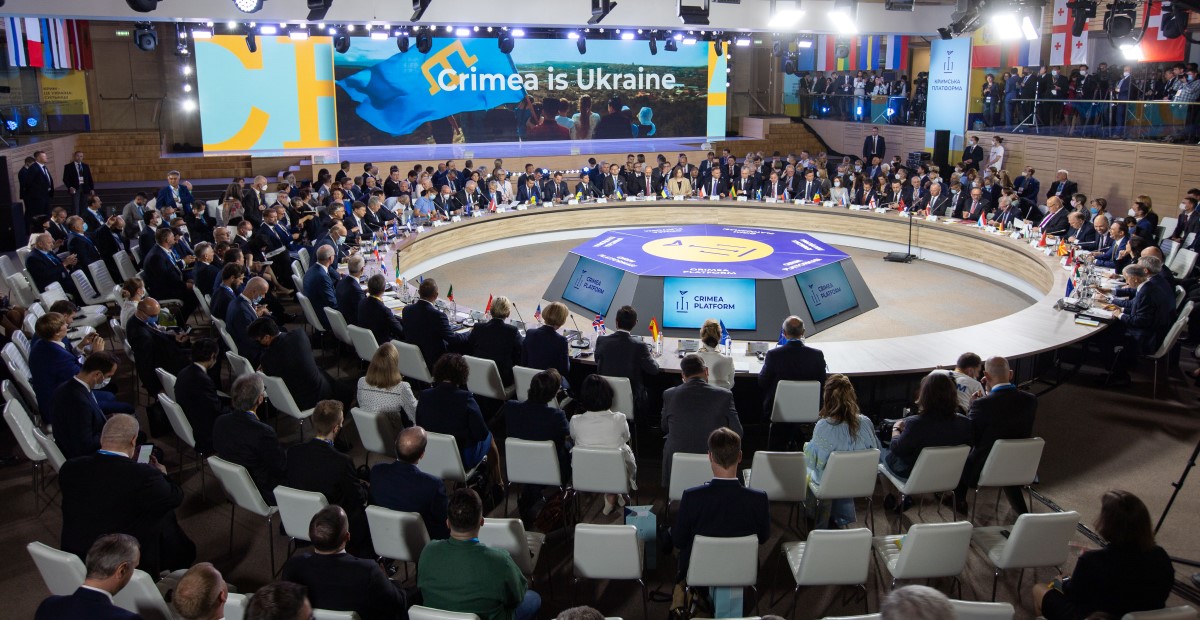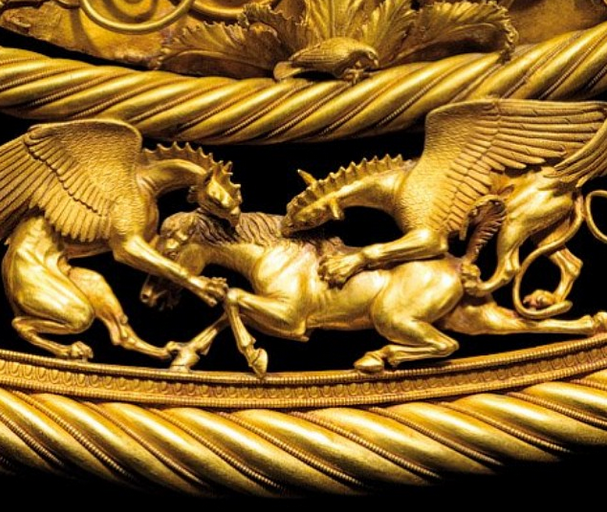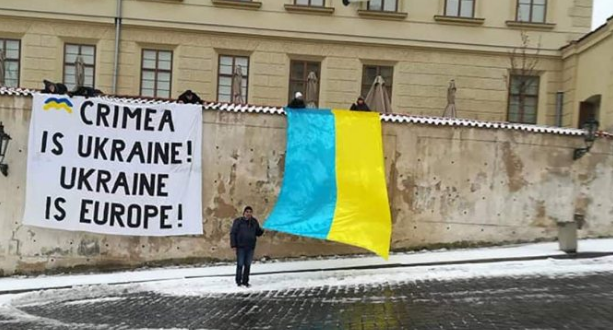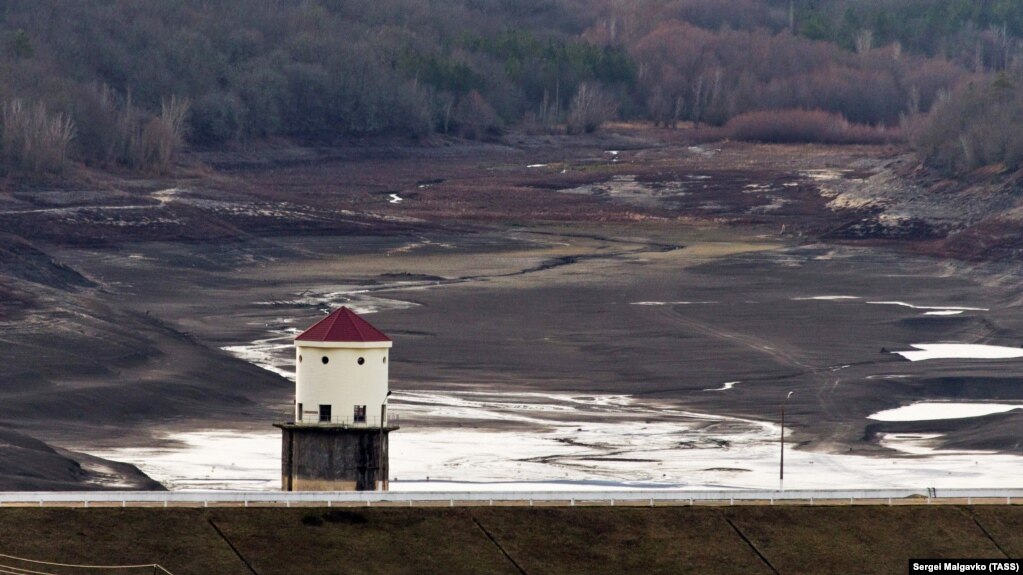, and Lithuania, some other Western countries followed its lead; but there was never an occasion when as many came together this week in Kyiv to make an analogous declaration about Russia’s Anschluss of Crimea.
Representatives of more than 40 countries met in Kyiv and declared they were forming a Crimea Platform to call attention to Moscow’s crimes in Crimea
and to work toward common efforts to force the Russian government to change course. Never in the history of Baltic non-recognition policy was there a similar meeting.
Not surprisingly, Moscow dismissed the entire gathering as a Russophobic exercise and said that Crimea, which it seized seven years ago, would remain forever part of the Russian Federation. And Russian spokesmen said that nothing anyone at Kyiv or elsewhere could do would change that.
What many forget, including those in Moscow, is that Soviet leaders and propagandists said exactly the same thing about the US non-recognition policy of Moscow’s annexation of Estonia, Latvia and Lithuania – but now, these three countries have recovered their de facto independence and are full members of the two key Western institutions, NATO
and the European Union.
A major reason that the people of the Baltic countries kept their faith during the Soviet occupation that they would again be free was the support they received from the United States and a select group of other Western democracies. Those who accept Russian arguments now about the Crimea Platform should remember that.
At the same time, as those involved with the non-recognition issue during the Cold War know, such a policy does not guarantee instantaneous changes. The Baltic countries were occupied for decades.
And it does not mean that those who supported non-recognition would have nothing to do with Moscow. Between 1940 when Washington proclaimed non-recognition policy and August 1991 when the Baltic countries again became de facto independent, the US and other Western countries who supported this policy sometimes cooperated with Moscow and sometimes not, even though they never gave up on this principle.
Read More:
- Will the Crimea Platform help Ukraine return Russia-occupied peninsula?
- How German companies violated sanctions to bring Dutch sea platform to luxury marina in Crimea
- Jailing innocent Crimean Tatars to insanely huge terms: a how-to guide from Russia
- Russia’s occupation of Crimea led to Ukraine losing 75% of its 2013 GDP
- Russians relocated to occupied Crimea now make up one-third of the population, experts say
- Crimea was always a multicultural hodgepodge
- Painkillers instead of hospital: Russia’s torture of critically-ill Crimean Tatar political prisoners continues unabated
- German Ambassador Anka Feldhusen: Crimean Platform good for getting more countries to support Ukraine & sanctions
- Russia tried to break the Crimean Tatars. Their non-violent resistance only grew stronger.
- Torture and imprisonment is the price of freedom of speech in Russia-occupied Crimea
- US non-recognition policy regarding Crimea one year on (2019)





